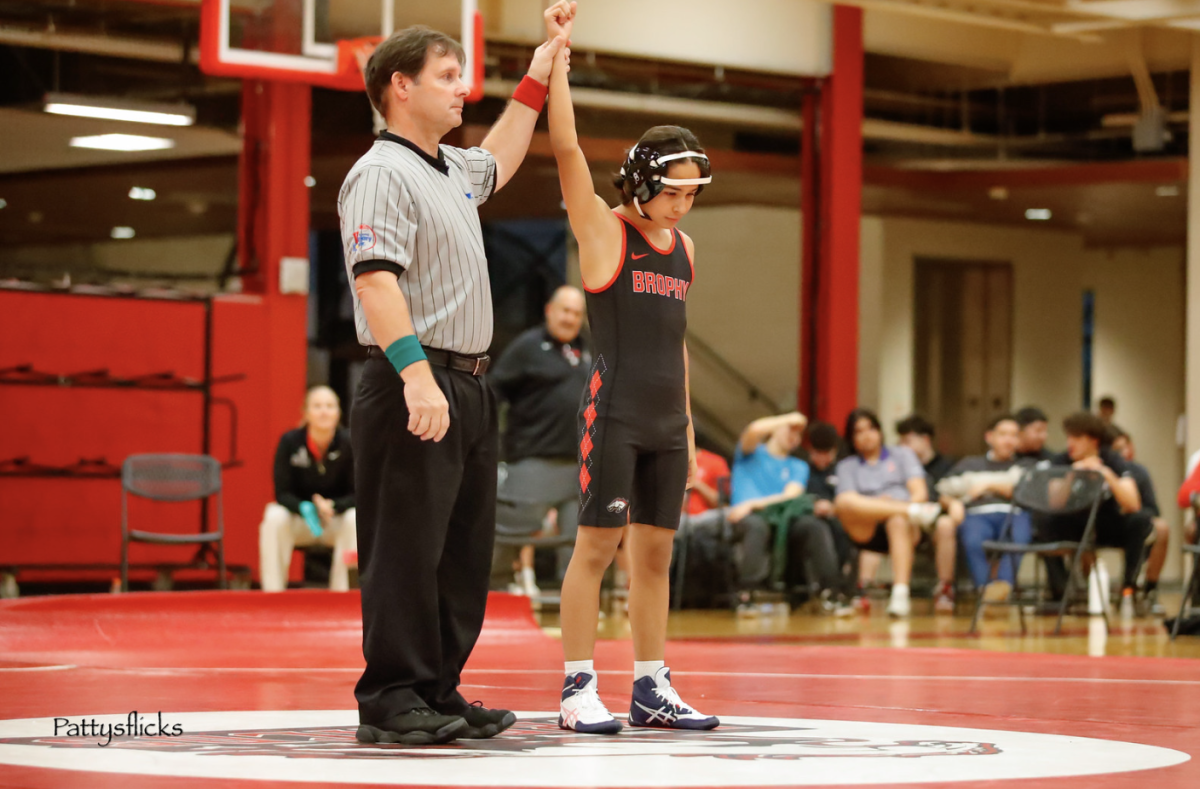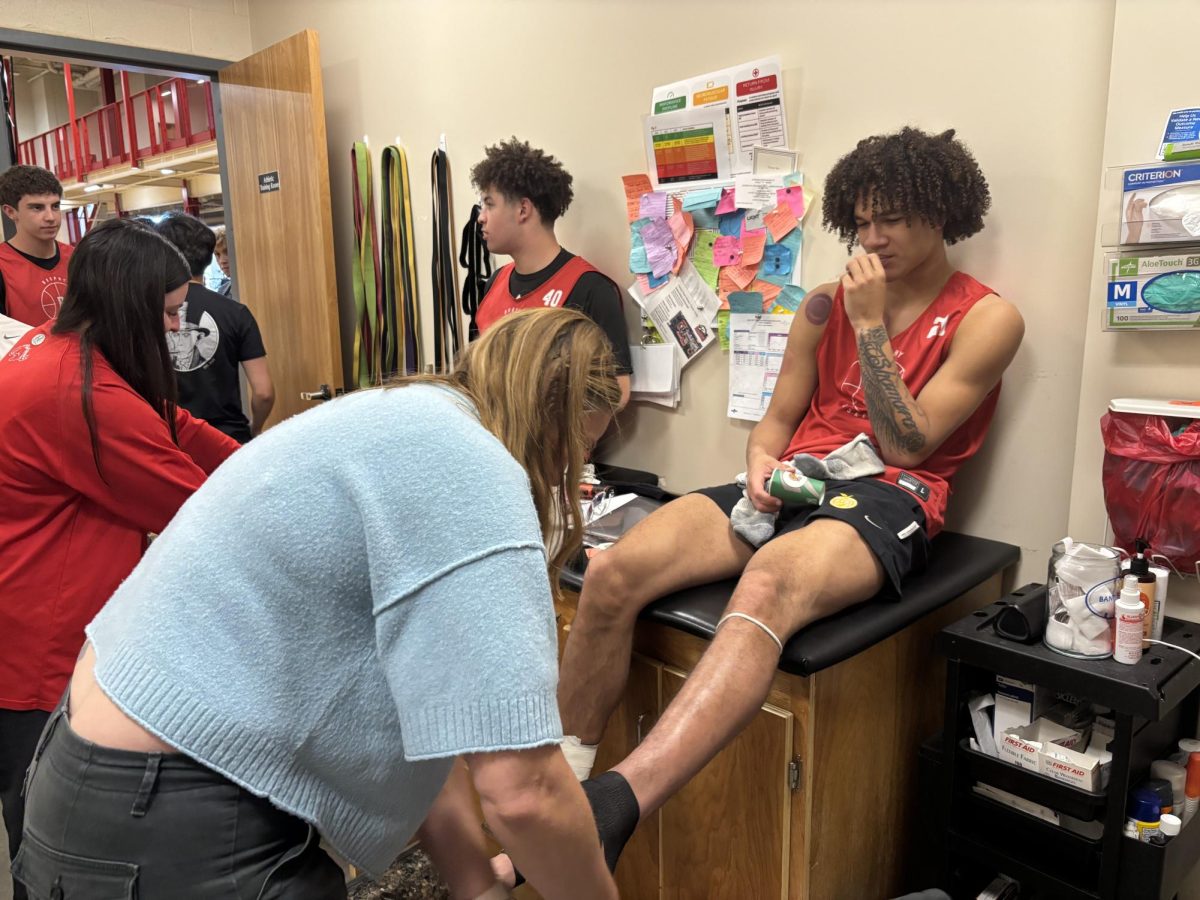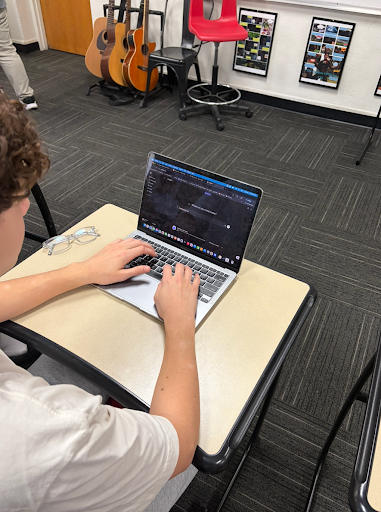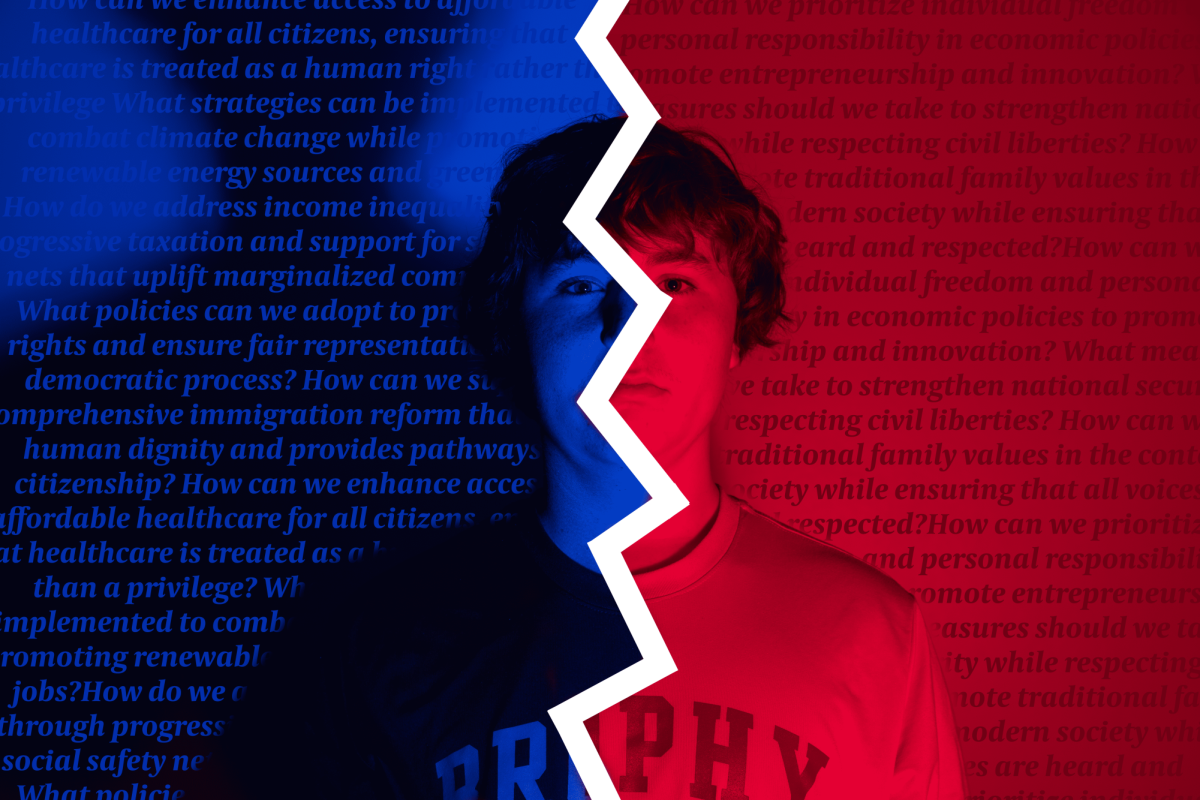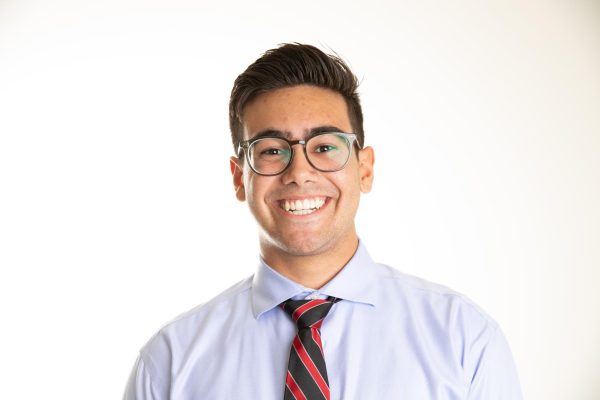Politics can be tough to talk about. The conversations are often uncomfortable, the facts and misinformation can be difficult to distinguish between, and it can be scary to disagree with someone you care about. Despite this, these conversations are completely necessary to be a well-educated adult.
The unease that political conversations put us in is exacerbated by the polarization of society today.
Truthfully, we are all fighting an uphill battle when we try to avoid political polarization.
Online, social media algorithms are trained to feed us content that we enjoy, so even interaction with one partisan TikTok can trigger a positive feedback loop that feeds us more and more extreme political content.
Additionally, our human nature separates those with opposing views from ourselves, and we can start to see the other side as inhuman.
We can escape this echo chamber, however, if we simply reach out, feel uncomfortable for a while and have a conversation.
It is important to note that the notion of conversation about politics has been negatively affected by polarization as well. It is tempting to see each conversation as an argument where there is a winner and a loser, and every jab at an opinion is in reality an attack on its holder.
In reality, political discussions should be a way to learn more about the other side and to understand what factors are behind each belief.
This is why you need to be seeking out political discussion now, while you are forced to discuss with people who have differing opinions so that you learn how to do so. It’s easy to become a politically-barricaded adult, only communicating about politics with people who think like you.
Ignatius said in his First Principle and Foundation, that, “In everyday life, then, we must hold ourselves in balance before all of these created gifts insofar as we have a choice and are not bound by some obligation.” To follow Ignatius’ teaching, we must create balance in our lives by not tipping the scales to one political side causing us to treat others unjustly, and seeking out discourse to help balance the needle.
Unlike a lot of other things, Brophy isn’t going to hold your hand through this one. In fact, Brophy makes it a point for its teachers to be as nonpolitical as possible, with administrators in a staff meeting saying to teachers, “Your students should have to guess your political beliefs”.
Because of this, it is us who must seek out political discourse in our daily lives. We have a civic duty to talk to our parents and get their views, discuss with our friends, and educate ourselves in any way we can.


